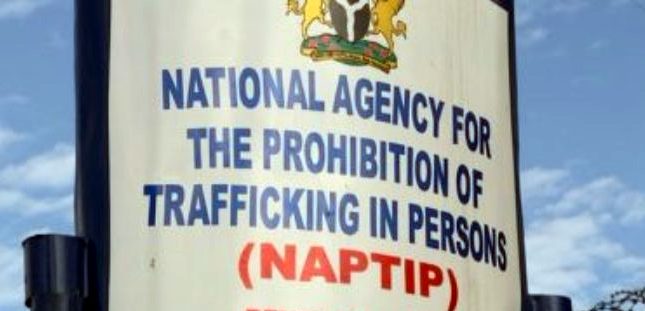Prof. Fatima Waziri-Azi, the Director-General, National Agency for the Prohibition of Trafficking
in Persons (NAPTIP), says the agency has united 24 states in a concerted effort to strengthen approach to deal with
Sexual and Gender-Based Violence (SGBV) matters
She made this known during a workshop organised by NAPTIP in Abuja on Tuesday to focus on enhancing government’s commitment to
preventing and responding to SGBV cases.
She said the primary objective is to address existing gaps in laws that seem inadequate in safeguarding the rights of SGBV survivors.
The director-general said “while NAPTIP is responsible for implementing the SGBV Act in the FCT, 34 states have already adopted
their own versions of the SGBV Prohibition Act.”
She emphasised the importance of coordinating efforts to combat sexual and domestic violence, as the issues and patterns are consistent across regions.
She said `whether at the state or federal level, it is the victims who ultimately suffer.
“Therefore, we have brought states together to share experiences and chart a way forward, including conducting comprehensive gap analyses
on all SGBV-related matters.”
She said NAPTIP’s role in the initiative was to leverage its enforcement and prosecutorial powers and to ensure the protection of survivors of sexual and gender-based violence.
She said the agency had advocated for each state to adopt the SGBV law as an act, with a template to guide them.
Waziri-Azi highlighted that NAPTIP, while unable to directly enforce the law at the state level, could provide inputs and advocate for states to
adopt the act as law, a role it played over the years, resulting in the gap analysis.
The workshop brought together participants from Enugu, Ekiti, Delta, Ogun, among others.
Mrs Kadiri Bolanle, the Director of the Citizen’s Rights Department in the Ministry of Justice, Ogun, said the state had successfully prosecuted many
SGBV offenders.
She, however, raised concern about the shortage of shelter facilities, with only four available in the entire state.
She identified insufficient funding as key challenge in providing adequate support for SGBV survivors.(NAN)


